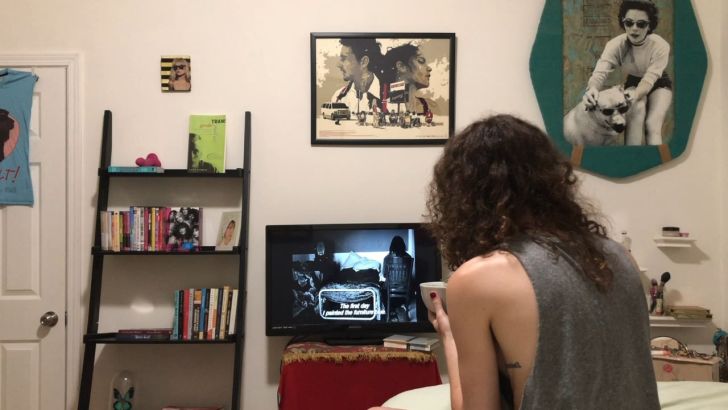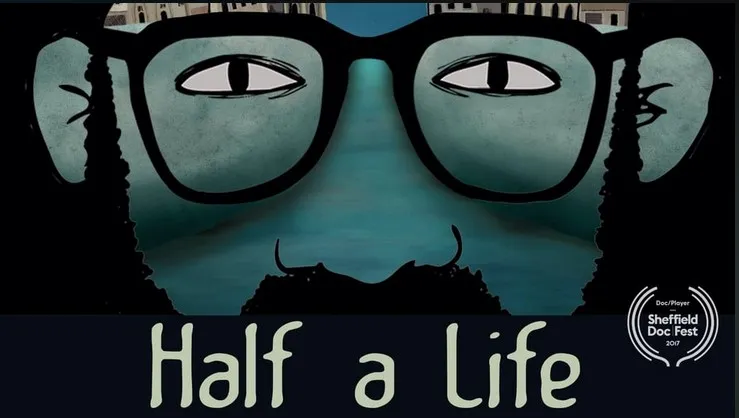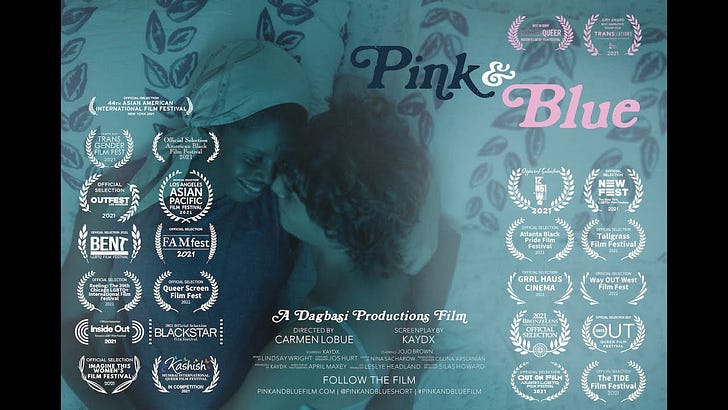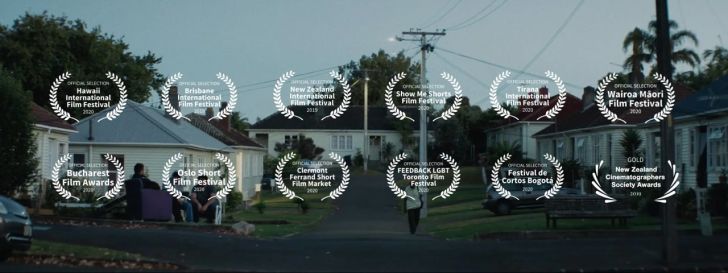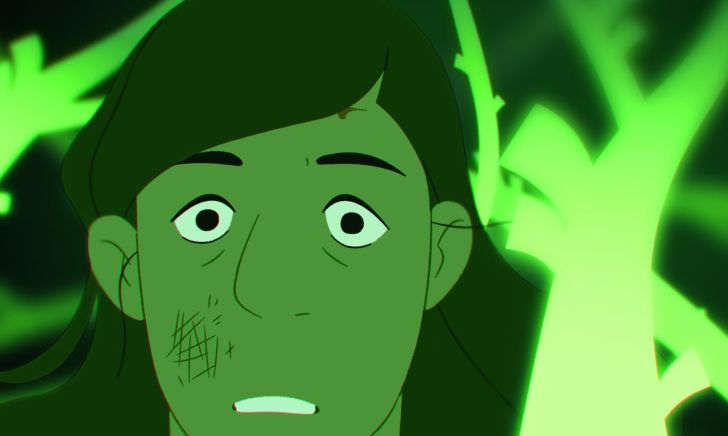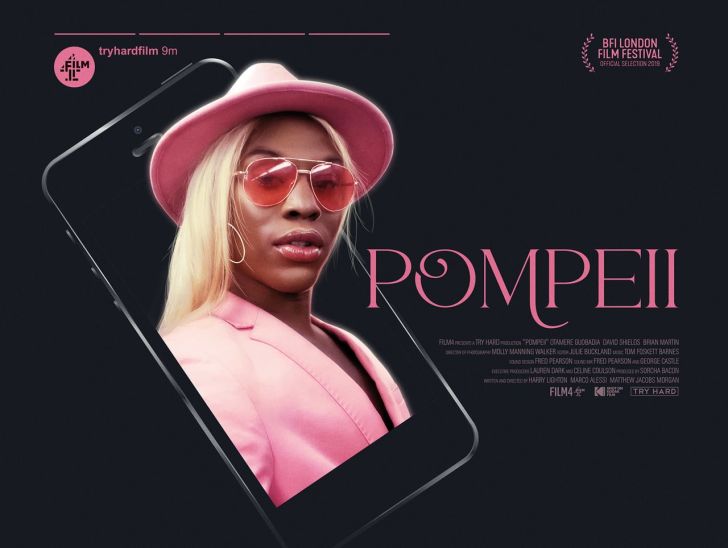Three films depict different elements of how colonization has impacted how we see gender and sexuality
Decolonization is a practice, an approach, a reshifting of our minds and realities, a journey that will never be truly complete, and yet is essential to understanding and liberating ourselves as queer and trans people. For those of us who come from cultures that were colonized by European or American powers, decolonization is a complex undertaking, because our oppression did not begin with western imperialism, but our current state of systemic, globalized homophobia and transphobia is still inextricable from it.
Today’s three films touch on this theme in different ways, whether by alluding to the fingerprints of colonialism without naming it explicitly, reviving and celebrating lost indigenous histories, or by looking ahead to the kind of just, free future we can create by dismantling the holds that colonial and oppressive constructs have on our lives.
“I come by all means of being humble, in the fullness of my queerness.”
Queer Is, directed by Sbusile Mhlanga and Lungile Khumalo, is a beautiful and powerful demand for Africa to be free of queerphobia, homophobia, and transphobia. The narration, a powerful evocation for all that queer lives can be, is reflected in the gorgeous cinematography and choreography, reflecting how the queer and trans Africans that want to find hope and joy in their home. The sentiment that “Being Queer is more African than being Queerphobic” is reiterated through powerful verse and movement throughout the film.
The experimental film was shot in South Africa with a predominantly queer cast and crew, and executive produced by Theophillus Masilela, known as Afrotist. “Queer Is was more than just an idea,” said Afrotist in an interview with Design News. “It was a spiritual whisper from God, an instruction to write and work with other Queer creatives to be the voice for the voiceless, to teach and to heal.”
Queer Is
“They were māhū, neither male nor female – a mixture of both in mind, heart, and spirit.”
Kapaemāhū, written and directed by Hinaleimoana Wong-Kalu (also known as Kuma Hina), Dean Hamer, and Joe Wilson, with director of animation Daniel Sousa, is a gorgeous, lush film narrated in Ōlelo Ni’ihau, the only form of Hawaiian to be continuously spoken to this day. The film relates the story of four healers who traveled from Tahiti to Hawai’i in the 15th century to share their gifts. They were māhū, neither male nor female, and they imbued their healing powers in four great stones in Waikīkī, which were later lost over the centuries of political upheaval and eventual American colonization.
The stones were found and restored to Waikīkī Beach in the 1990s, but even then, their connection to māhū was ignored – until Wong-Kalu, who is Kānaka (Native Hawaiian) and māhū herself, discovered a handwritten manuscript from 1906 in a forgotten box of papers at the University of Hawai’i Mānoa’s Hamilton Library. “I am also māhū, which like many indigenous third-gender identities was once respected but is now more often a target for hatred and discrimination,” said Wong-Kalu in her director’s statement. “I want our young people to understand that the ability to embrace both the male and female aspects of their spirit is not a weakness but a strength, a reason to rejoice not to fear.”
Kapaemāhū
“I want to raise this baby gender-free.”
Pink & Blue, written by Kadyx and directed by Carmen LoBue, tells the story of Crea (Kadyx) and Armani (Jojo Brown), a Black and Filipinx trans couple who have an unexpected first-time pregnancy, and decide to raise their baby in the gender-free home that they wish to live in. Breaking free of societal expectations and constructs is not always easy, but their love for each other and their future child keep them moving forward together.
The film’s vision is one that the filmmakers locate historically and culturally, as a way to look to a decolonized future. “When we look at the past, we realize how gender-expansive we were before colonization, before imperialism,” said LoBue in the Fox Soul’s Screening Room interview. “Our future is gender-expansive, and our future is a place where hopefully community and chosen family are something that everyone can achieve for themselves.”
Pink & Blue


